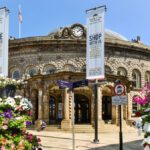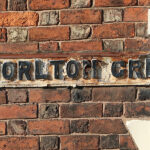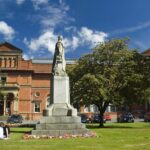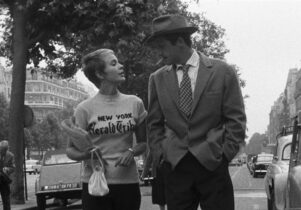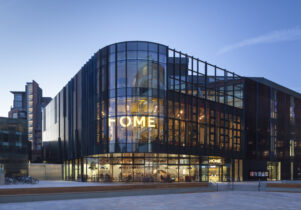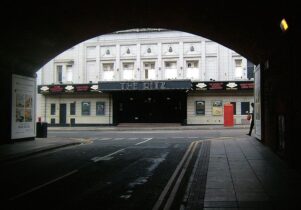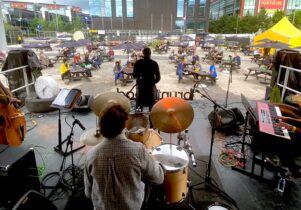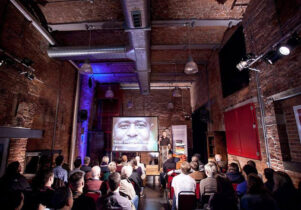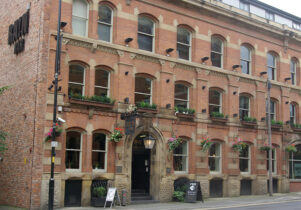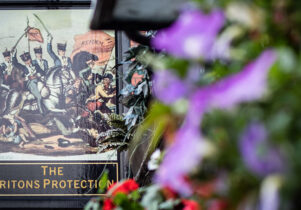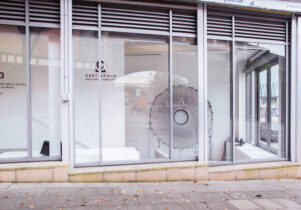Uprising: Spirit of ‘68 at HOME
Tom Grieve, Cinema EditorBook now
Uprising: Spirit of ‘68
Always double check opening hours with the venue before making a special visit.
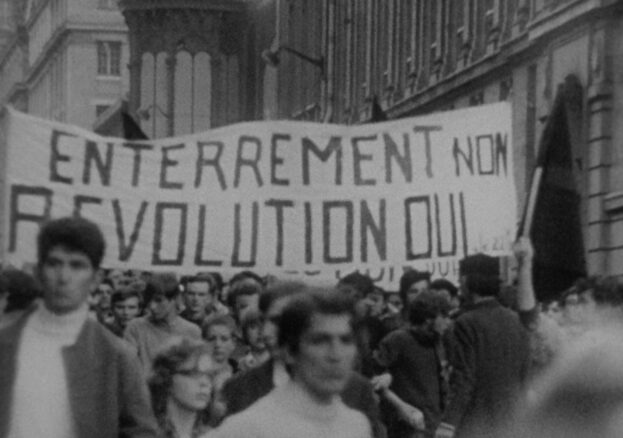
This month marks the 50th anniversary of the events which saw protesters besiege Paris in May 1968. Police clashed with students who were joined by workers on a wildcat general strike that brought the government to its knees. At one point, political leaders feared civil war or revolution and President Charles de Gaulle fled the country for several hours. Revolution was in the air it seemed; the Prague Spring in Czechoslovakia had to be suppressed through Soviet invasion; the Tet Offensive took place in Vietnam and controversy over Algeria raged across Europe.
In France political developments also directly interacted and interfered with the infrastructure of the film industry. The Cinémathèque Française came under attack in February 1968 as its head, the much loved Henri Langlois was dismissed by Minister of Culture, André Malraux. He was reinstated following protests organised by a defense committee consisting of the cream of French filmmakers — including one Jean-Luc Godard. An increasingly political figure, Godard would make headlines again a few months later when he helped shut down the Cannes Film Festival five days early in solidarity with the workers and students protesting across the country.
In the early sixties, the French-Swiss critic turned filmmaker helped launch the French New Wave with a series of pop-masterpieces including Breathless (1960), Le mépris (1961) and Bande à part (1964). Loose, sexy and self consciously cinephilic, these early films arrived like a thunderbolt — earning Godard international acclaim and a reputation for his stylistic innovations in editing, narrative and character. His 1967 film, La Chinoise, about a Maoist student cell who use their summer to hole up in a Paris flat and plan for the revolution, both anticipated the events of May ‘68 and fed into them.
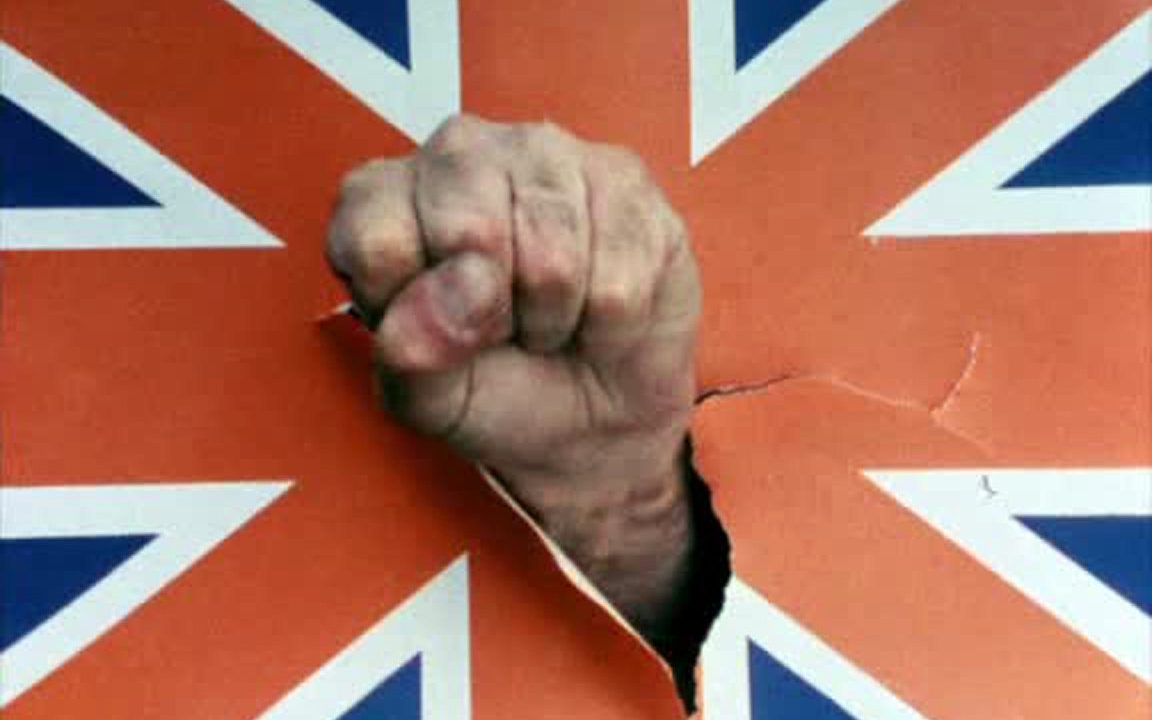
Today, critics point to La Chinoise as a moment of transition, a film part way between Godard’s more accessible early films and the more politically and formally radical ones that would follow. Following the failed uprising of May ‘68, Godard would reject the mainstream film industry of the time, including his own prior films, as ‘bourgeois’ and together with filmmaker Jean-Pierre Gorin, found the Dziga Vertov Group. Named for the pioneering Soviet documentarian behind Man with a Movie Camera (1929), the group aimed to deconstruct the old cinema and invent new cinematic forms, matching the radical Marxist ideologies they espoused with equally radical filmmaking. To quote Godard: the group “would not make political film but try to make political film politically.”
It is this traditionally under-explored and under-screened period of Godard’s career that HOME highlight this month. The first film from Dziga Vertov Group, the cheekily titled, A Film Like Any Other (1968; screening Monday 21st May) was filmed in the immediate aftermath of the protests. It consists of two 54-minute segments, each of which contain identical images but different soundtracks — in one students debate how the movement will proceed and in the other two Renault workers discuss their own ideas of the revolution. At the 1968 New York Film Festival, Godard reportedly told the projectionist to flip a coin to decide which reel to begin with, while D.A. Pennebaker, distributing the film, is quoted as saying that the audience “began to tear up their seats.”
On Sunday 20th May, HOME pair 1970’s Le vent d’est — a sort of western described in Time Out as “a barrage of angry sounds and a trickle of dramatically minimal images” — with British Sounds (a.k.a. See You at Mao) — a provocative political documentary made for, and subsequently banned from London Weekend TV, which opens with a fist punching through a paper Union Jack. Film fans will also have the opportunity to see one of the last Dziga Vertov Group films, Tout Va Bien (1972; screening Friday 18th May), in which newly radicalised Hollywood icon Jane Fonda joins Godard and Gorin in a Brechtian “free-ranging assault on consumer capitalism and the establishment left.”
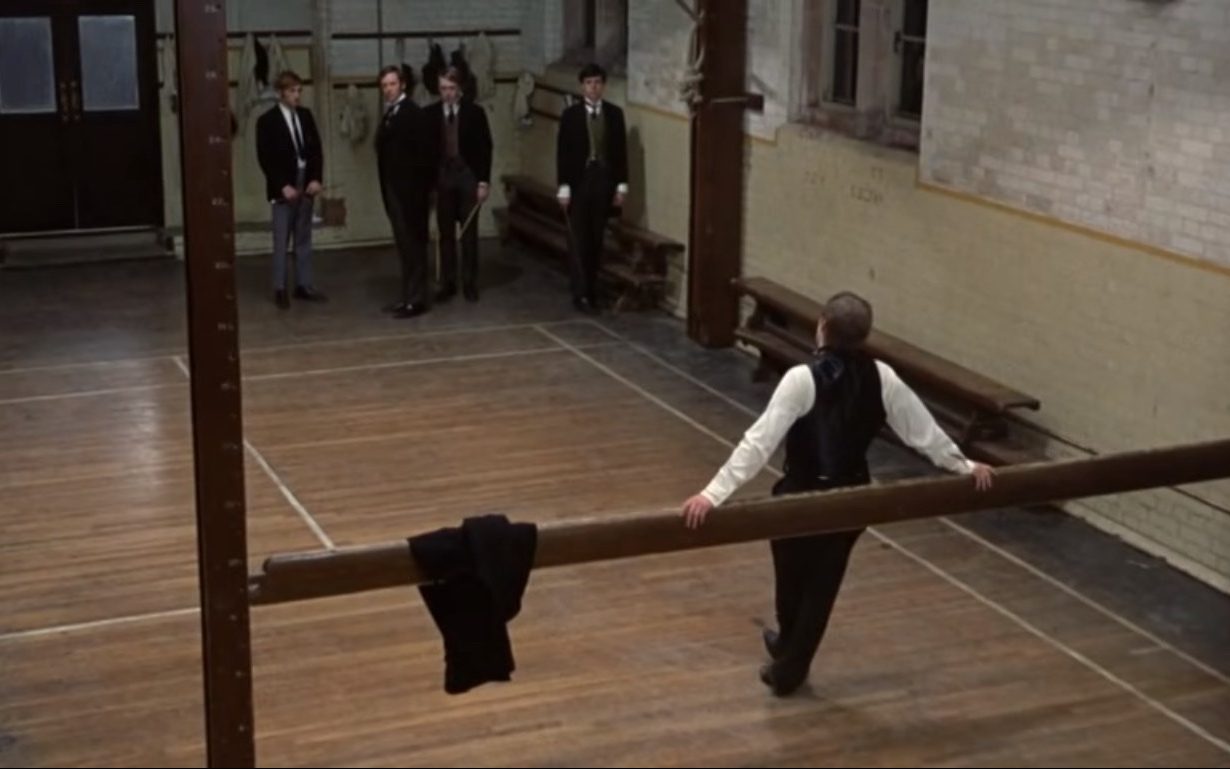
The filmmaking collective disbanded in 1972 and Godard would go on to question their methods and manifesto. Some critics have found the work rigid and overly cemented in ideology, whilst others have questioned how meaningfully radical cinema can be when it is so rooted in academic art theory. While filmgoers probably won’t be tearing up the seats fifty years on, it will be fascinating to revisit these films with cinema audiences. For those looking for a contemporary take, HOME also provide context with a screening of Michel Hazanavicius’ (The Artist) playful 2017 film Redoubtable (Saturday 19th May) — a biopic set during the shooting of La Chinoise and based upon the autobiography of that film’s star (Godard’s then-wife), Anne Wiazemsky. (Never one to mince words, Godard, who has a new film at Cannes this year, branded Redoubtable a “Stupid, stupid idea.”)
Of course, the events and reverberations of 1968 spread beyond the French borders, and whilst Godard’s DVG films are the focus of Uprising: Spirit of ‘68, HOME also provide two notable examples of the ways in which that spirit infected filmmakers in other countries. In the UK, 1968 saw the release of Lindsay Anderson’s If…. (Tuesday 22nd May), starring Malcolm McDowell (A Clockwork Orange) as a boy who leads a violent student revolt against the establishment power at his boarding school. Meanwhile, Juraj Herz’s surrealist-inspired The Cremator (1969; screening Saturday 19th May) is a dark and disturbing horror set during the Nazi occupation of Prague. Filmed during the short-lived period of freedom Czech filmmakers enjoyed during the 1968 Prague Spring, the film uses its historical setting to critique the Soviet Union.


















